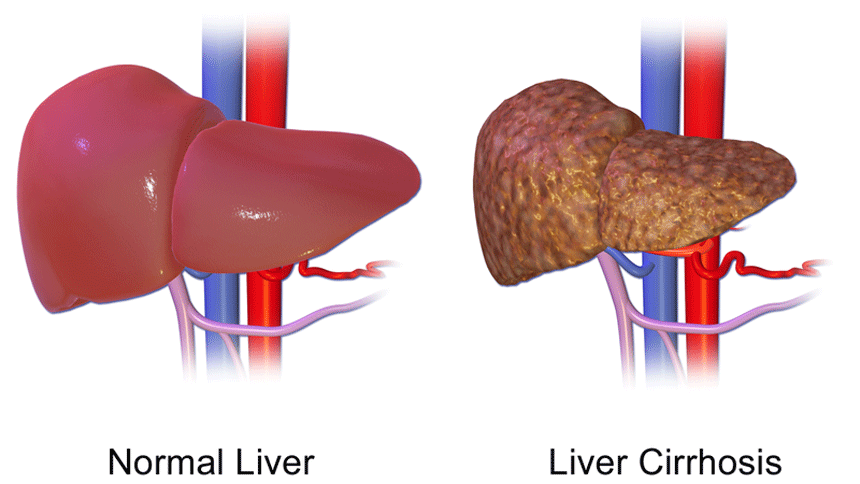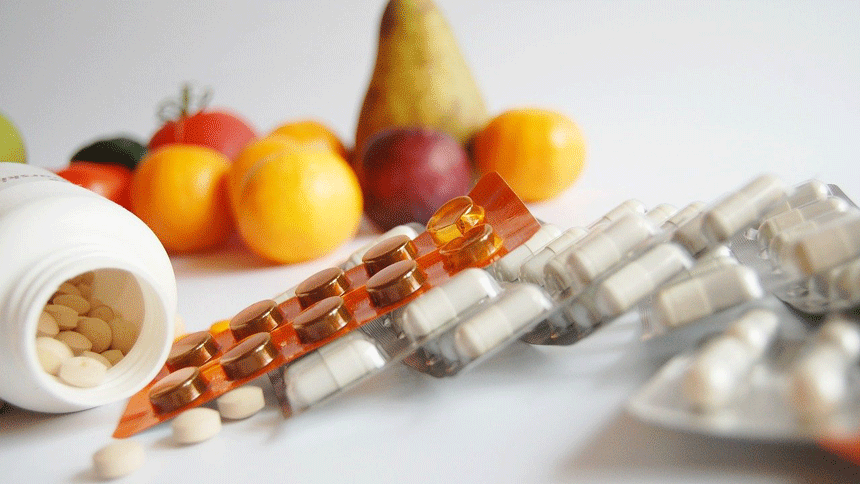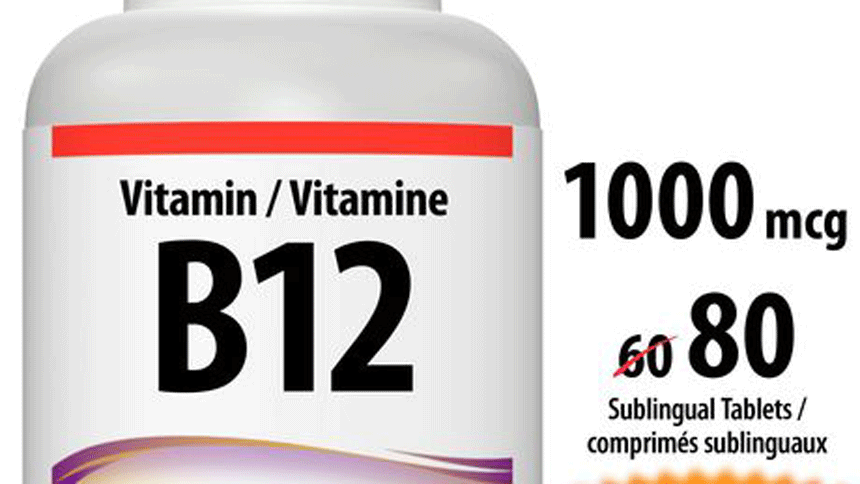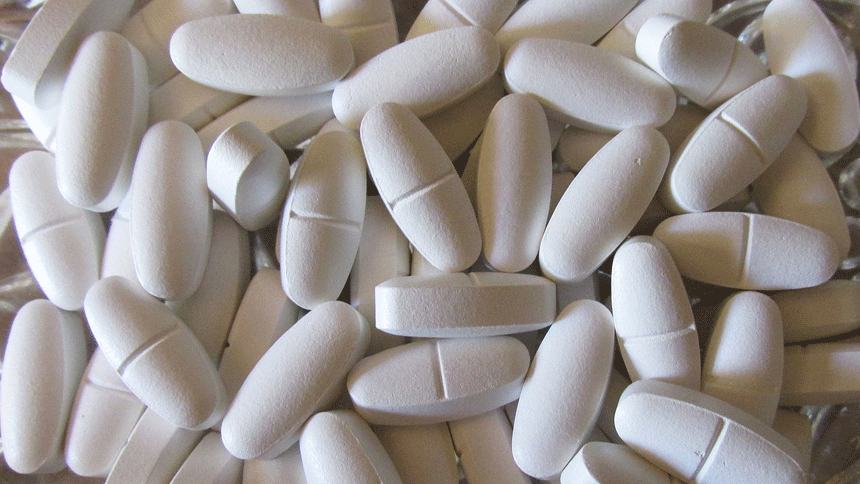Contact Dr. Lu for information about cancer treatments。聯繫盧博士,獲取有關癌症治療資訊。
95% of patients with liver cirrhosis suffers vitamin D deficiency | 肝硬化者9成5患者缺维生素D
Contact Dr. Lu for information about cancer treatments。聯繫盧博士,獲取有關癌症治療資訊。
[Voice of Hope, April 19, 2023] (Editor: Guo Qiang) How should people with liver cirrhosis eat to protect their liver? Qian Zhenghong, physician from Gastroenterology and Hepatobiliary Department of Keelung Chang Gung Hospital, said that we must first know which trace nutrition elements are deficient, and then start from the deficient part. Vitamin D, vitamin A, and zinc are the three most deficient trace elements, of which nearly 95% of patients with liver cirrhosis are deficient in vitamin D, and 2/3 of the patients are very deficient (<10ng/mL).

Cirrhosis of the liver (Image: Wikimedia)
Liver cirrhosis (Wikimedia)
What micronutrients are lacking in people with liver cirrhosis
Liberty Times quoted Qian Zhenghong’s Facebook page “Qian Zhenghong Gastrointestinal Hepatobiliary Physician” as stating that a Spanish study pointed out that patients with liver cirrhosis tend to be deficient of the following trace nutritional elements:
●Vitamin D (deficiency in 94.5% of patients)
●Vitamin A (deficiency in 93.5% of patients)
●Zinc (deficiency in 85.6% of patients)
●Vitamin B6 (deficiency in 60.8% of patients)

Vitamins (Pixabay)
●Vitamin C (deficiency in 50.5% of patients)
●Iron (deficiency in 38.4% of patients)
●Phosphorus (deficiency in 34.4% of patients)
●Copper (deficiency in 16.8% of patients)
●Vitamin E (deficiency in 15.4% of patients)
●Magnesium (deficiency in 12.8% of patients)
●Folic acid (deficiency in 5.2% of patients)
●Calcium (deficiency in 4.6% of patients)
●Vitamin B12 (deficiency in 0% of patients)
 维生素B12(网络图片)
维生素B12(网络图片)
Vitamin B12 (Internet picture)
Zhenghong pointed out that people with liver cirrhosis not only do not lack vitamin B12, but also have higher levels of vitamin B12 than normal people, and the more severe the liver cirrhosis, the higher the average value! There are two reasons: First, about 60% of vitamin B12 in the whole body is stored in the liver, and about 30% is stored in the muscle. When the liver cells are damaged, vitamin B12 will be released; secondly, when the liver cells are damaged, vitamin B12 will be released. The liver cells reduce the uptake of vitamin B12 from the blood, so the more severe the liver cirrhosis, the higher the vitamin B12 in the blood.
Zhenghong said that long-term drinking will affect the body’s absorption of vitamin B12. In this case, insufficient vitamin B12 will cause anemia, and vitamin B12 should be supplemented to improve anemia. But when long-term drinking causes liver damage, vitamin B12 will increase instead, which means that the liver function is worse.
Zhenghong pointed out that vitamin D deficiency is very common in patients with liver cirrhosis. Some scholars suggest that bone density should be tested to assess the risk of fractures and osteoporosis. However, vitamin D testing is currently not covered by health insurance and needs to be paid by oneself.
Zhenghong reminded that although the lack of magnesium ions is not a high proportion, once the deficiency will accelerate the occurrence of liver cirrhosis and liver cancer, some studies have pointed out that supplementing magnesium ions can slow down the deterioration of the liver and reduce mortality; low copper ions will also accelerate liver fibrosis. Deficiency of zinc ions can cause skin diseases, difficult wound healing, hair loss, easy cold, abnormal taste and smell, inability to concentrate, chronic diarrhea and macular degeneration.

Vitamin D (pixabay)
Zhenghong pointed out that the detection of trace elements is not yet a routine and necessary inspection, and the health insurance may not pay, and there is no conclusion on how to supplement it. However, the literature recommends that patients with liver cirrhosis can detect “vitamin D, vitamin A, zinc, etc. every 6 months.” and Magnesium” to understand the lack of trace elements in the body.
Qian Zhenghong emphasized that the supplementation of trace elements must be based on scientific evidence. Food supplements are better than medicine supplements. What trace elements are deficient can be tested by blood tests. If you overeat and don’t know, it’s best to consult a physician or nutritionist if you want to know how to supplement.
Editor in charge: Li Zhi
This article or program is edited and produced by Voice of Hope. Please indicate Voice of Hope and include the original title and link when reprinting.

肝硬化的人缺乏哪些微量元素
自由时报援引钱政弘于脸书粉专「钱政弘 胃肠肝胆科医师」说明,一项西班牙研究指出,肝硬化患者容易缺乏以下类型微量元素:
●维生素D(94.5%患者缺乏)
●维生素A (93.5%患者缺乏)
●锌(85.6%患者缺乏)
●维生素B6 (60.8%患者缺乏)

●维生素C (50.5%患者缺乏)
●铁(38.4%患者缺乏)
●磷(34.4%患者缺乏)
●铜(16.8%患者缺乏)
●维生素E (15.4%患者缺乏)
●镁(12.8%患者缺乏)
●叶酸(5.2%患者缺乏)
●钙(4.6%患者缺乏)
●维生素B12 (0%患者缺乏)

钱政弘指出,肝硬化的人不但不缺维生素B12,还比正常的人高,且肝硬化越严重,平均值越高!原因有2个:首先,全身约有60%维生素B12储存在肝脏,约30%储存在肌肉,当肝细胞被破坏时,维生素B12就会被释放出来;其次,当肝细胞受损时,会减少对血液中维生素B12的摄取,因此肝硬化越严重,血中维生素B12越高。
钱政弘表示,长期喝酒会影响身体对维生素B12的吸收,此时维生素B12不足会造成贫血,应该补充维生素B12改善贫血问题。但是当长期饮酒造成肝脏损害后,维生素B12反而会升高,这意味著肝脏功能更差了。
钱政弘指出,维生素D的缺乏在肝硬化的病患非常普遍,有学者建议要检测骨质密度,评估病患骨折及骨质疏松的风险,但目前维生素D的检测健保不给付,需自费。
钱政弘提醒,镁离子的缺乏虽然比例不高,但一旦缺乏会加速肝硬化以及肝癌的发生,有研究指出,补充镁离子可以减缓肝脏的恶化及减少死亡率;铜离子低下同样会加速肝脏纤维化;锌离子缺乏则是造成皮肤病、伤口不易愈合、落发、容易感冒、味觉和嗅觉异常、注意力不集中、慢性腹泻和黄斑部病变。

钱政弘指出,微量元素的检测还不能算是常规必要的检查,健保可能不给付,该怎么补充也还没有定论,而文献建议肝硬化病患可以每6个月检测「维生素D、维生素A、锌和镁」,了解身体微量元素缺乏的状况。
钱政弘强调,微量元素的补充必须建立在科学的证据上,食补还是优于药补,缺什么微量元素可以抽血检测,若真的有缺再补,不要因为担心营养不足就一直吃,且吃过头了还不知道,想知道怎么补充最好是咨询医师或营养师。
Originally published on https://www.soundofhope.org/post/583181
